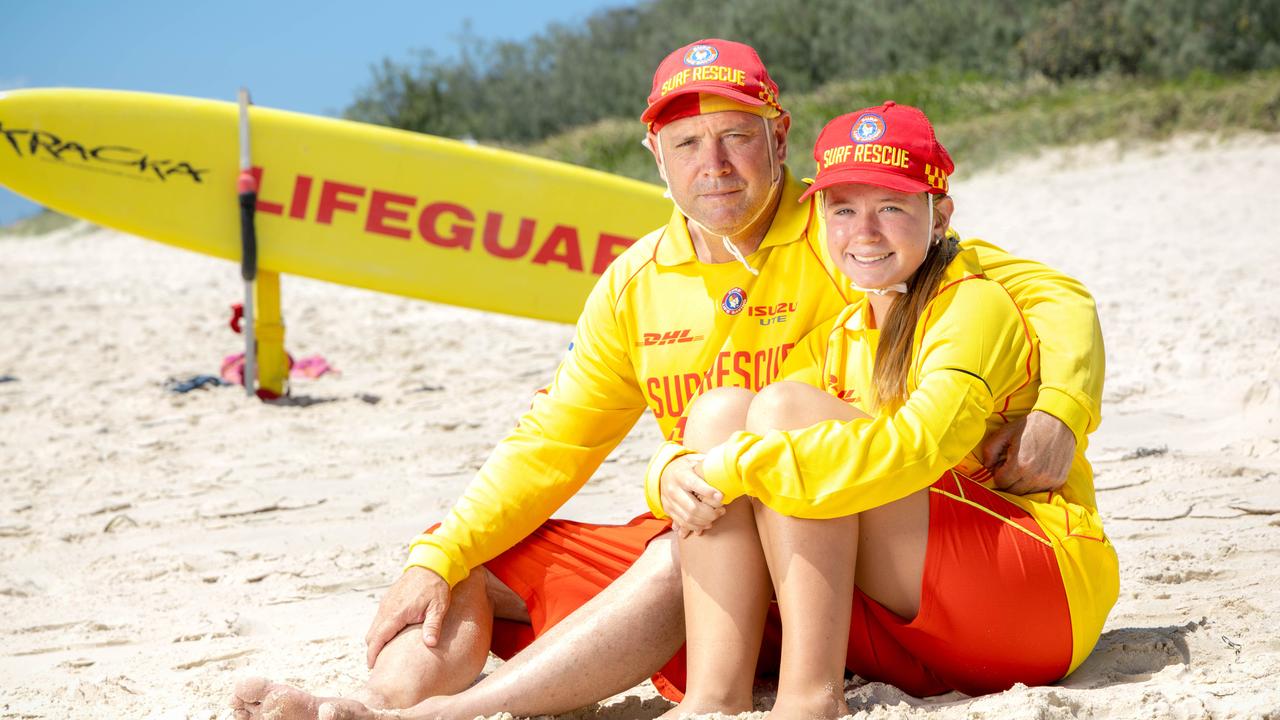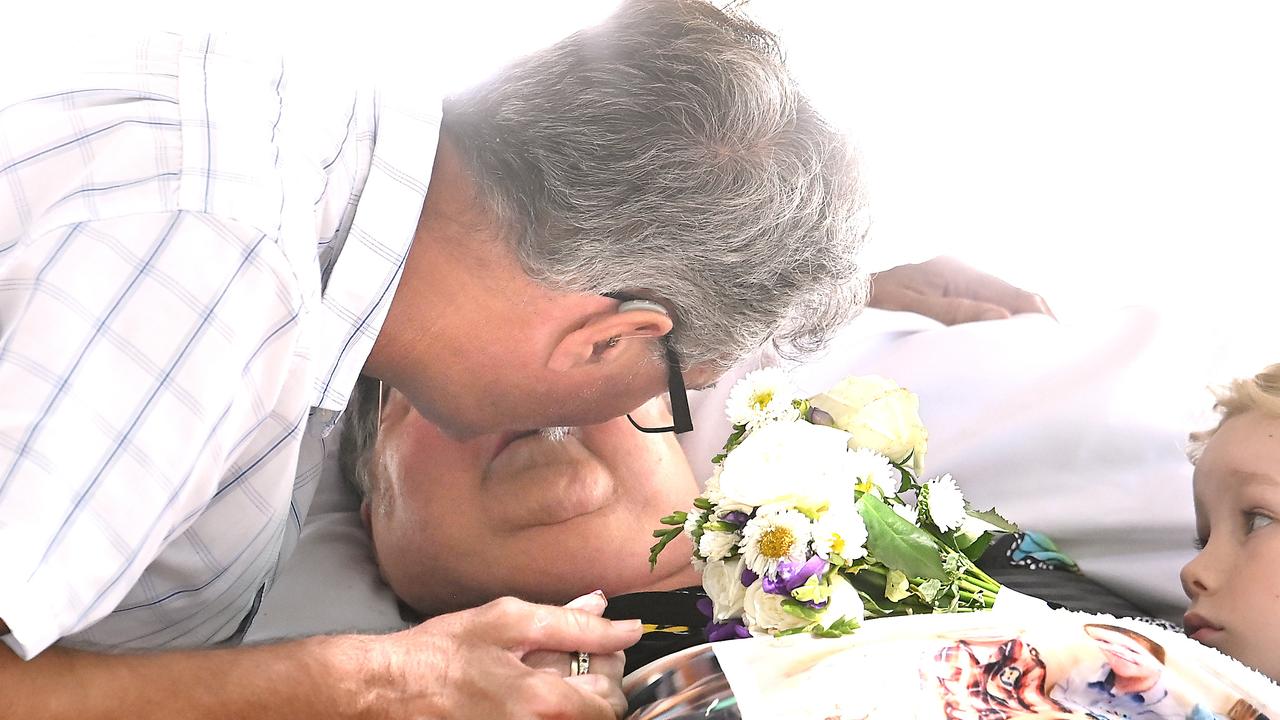Fraser Island considers cull of visitor numbers after dingo attacks
A radical response is being considered to address the spate of dingo attacks on Fraser Island — and regular visitors won’t be impressed.
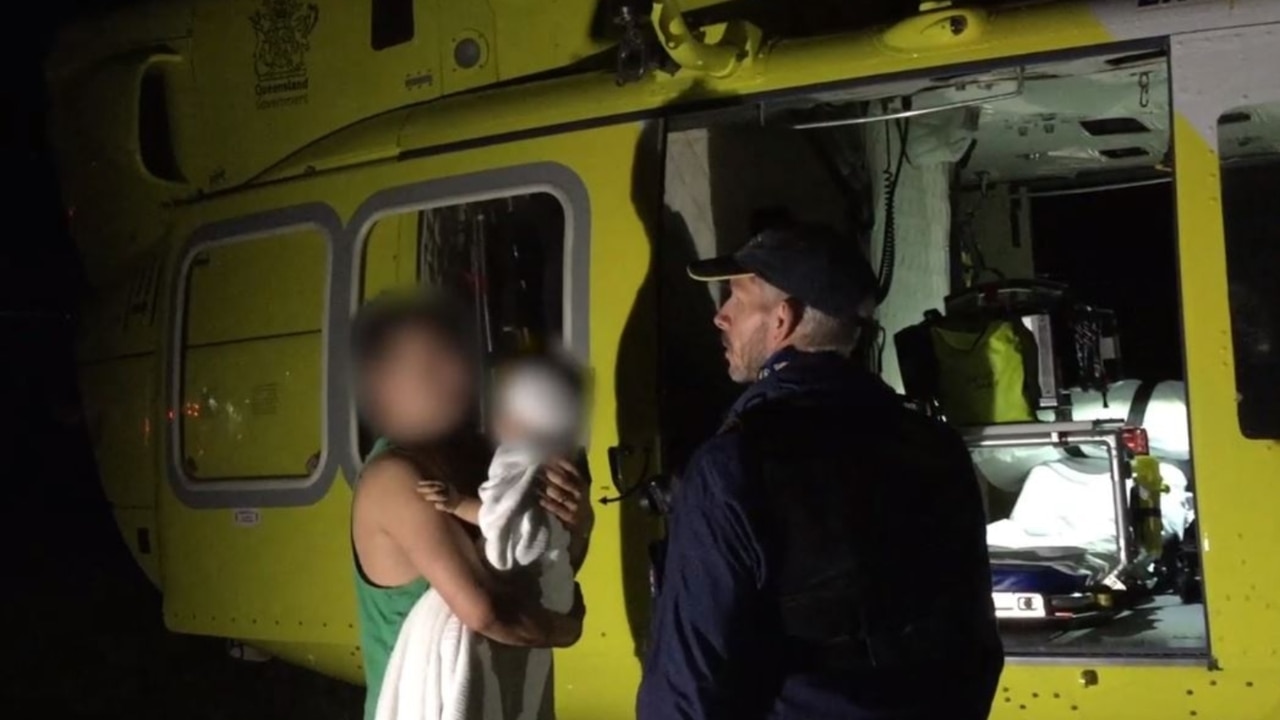
QLD News
Don't miss out on the headlines from QLD News. Followed categories will be added to My News.
THE number of visitors allowed on Fraser Island could be cut as part of a review aimed at reducing dingo attacks.
More than 400,000 people flock to the World Heritage-listed drawcard each year, injecting an estimated $200 million into the regional economy.
Palaszczuk Government doubles Fraser Island dingo-feeding fines to $10k
Fraser Island dingo attack toddler released from hospital
Fraser Island dingo proves Lindy Chamberlain is innocent
However a spike in dingo attacks on one of Queensland’s eco-tourism wonders has forced the State Government to consider new ways to help safeguard tourists.
Environment Minister Leeanne Enoch said the continued safety of visitors to K’gari (Fraser Island) was a priority for the Palaszczuk Government.
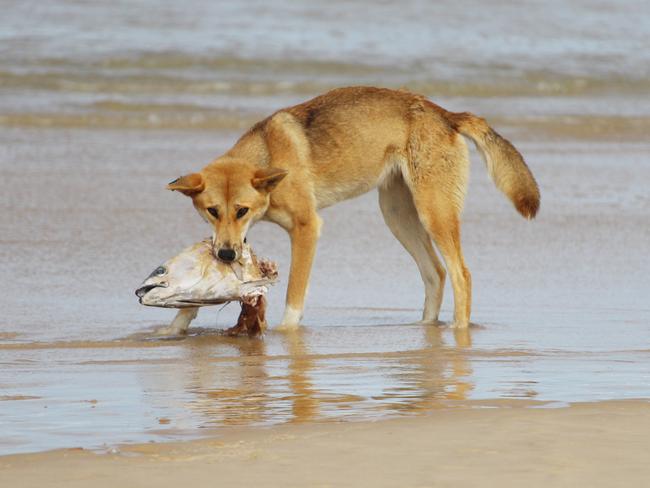
Ms Enoch announced a raft of changes at Hervey Bay yesterday, including massive fines for people feeding dingoes, while more are expected after an urgent review of the Fraser Island Dingo Conservation and Risk Management Strategy Implementation Plan.
Ms Enoch said that while the terms of reference for the review were still being developed with the Butchulla traditional owners, she anticipated “the number of visitors to K’gari will be included in the review”.
There have been three attacks this year on Fraser Island, the latest on Good Friday when a 14-month-old boy was dragged from a camper trailer and rescued by his father.
Feeding, either inadvertently through not properly securing rubbish and food, or deliberately, is considered the main reason dingoes come dangerously close to humans.
The fine for intentionally feeding or disturbing dingoes ranges from a minimum $391 to $5222 per offence.
It is proposed to increase fines to a minimum $2088 and double the maximum fine to $10,444 per offence.
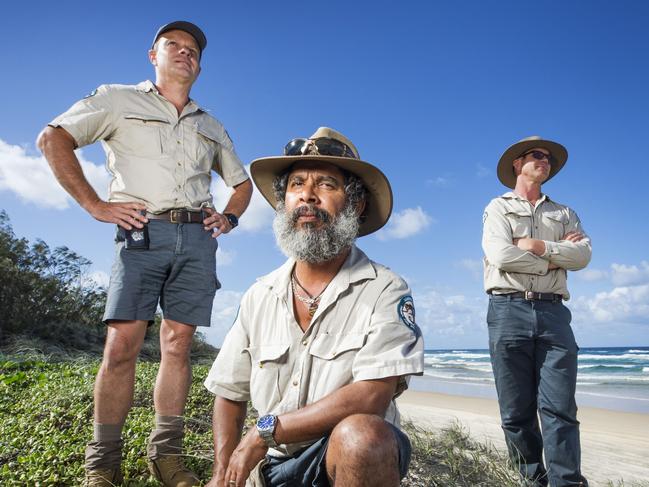
Ms Enoch said the State Government would be working in partnership with the Butchulla people to ramp up safety, education and compliance measures.
As well as the higher penalties for offenders, she announced new fenced camping sites, including in popular beachfront areas, to better protect visitors.
A QUT expert believes the most effective way to safeguard people from dingoes on Fraser Island is to reduce visitor numbers.
Katie Woolaston has written a soon-to-be-published case study on human-dingo conflict on the island which points out that humans have been put in greater danger by policies introduced to manage the dingoes.
“The accepted science within the management policies of the dingoes on K’Gari-Fraser Island suggests dingoes have become habituated to people, expectant of food, and increasingly bold,” said Ms Woolaston, who is completing her PhD on human-wildlife conflict through Griffith University.
“So the policy has been to separate the dingo to ‘naturalise’ them, or return them to their natural state, which is also consistent with the island being a World Heritage Area and subject to the limits of the World Heritage Convention,” she said.
“However, the science is not universally accepted and there are indications that the naturalisation process is driving the increase in aggression. At the same time, people do not behave sensibly around dingoes.”
Ms Woolaston said that unless authorities could effectively naturalise dingoes by eliminating their contact with people, the current approach simply would not work.
“All indications point to an inability to control the behaviour of tourists around dingoes. Therefore, naturalisation must mean reducing tourist numbers on the island,” she said.
A spokesman for the Butchulla Aboriginal Corporation said BAC Directors welcomed the Government’s support for a closer working arrangement with the Butchulla people on K’gari, the traditional home of the Wongari (dingoes).

